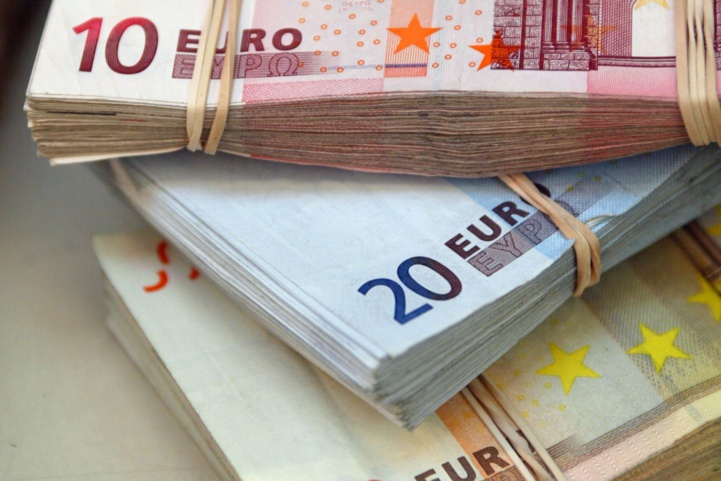Moroccans living abroad continue to play a vital role in the national economy—not just through financial contributions, but also by maintaining strong emotional and investment ties to their homeland. Their engagement is a driving force in Morocco’s development, yet it often comes with challenges, especially on the fiscal front.
Real estate remains one of the top investment choices for the Moroccan diaspora. Many look to purchase property either in preparation for a future return or as a way to secure their savings. Standard property purchases are taxed at a rate of 4% of the acquisition value. However, reduced rates apply in specific cases: purchases of social or low-income housing, for example, are taxed at 3%—but only if acquired through state-approved developers.
These housing categories are strictly defined. Social housing must be between 50 and 80 square meters and cost no more than 250,000 dirhams. Low-income housing is capped at 60 square meters and a purchase price of 140,000 dirhams. These rules are meant to promote affordable homeownership. In terms of donations, a reduced rate of 1.5% applies when property is transferred between close family members such as spouses or siblings. Conversely, buying undeveloped land or properties slated for demolition comes with a higher tax rate of 5%.
For many in the diaspora, building a home from the ground up is more appealing than buying an existing one. In such cases, a social solidarity tax exemption applies, provided the built area doesn’t exceed 300 square meters. Beyond that, fixed fees kick in: 60 dirhams per square meter for properties between 301 and 400 square meters, 100 dirhams for 401 to 500, and 150 dirhams above 500. During construction, annual declarations of building costs are required.
Rental income from properties not used as primary residences is subject to a progressive tax. Earnings below 40,000 dirhams are fully exempt. Income between 40,000 and 120,000 dirhams is taxed at 10%, while anything above that is taxed at 15%. These amounts must be declared online by March 1 each year.
When it comes to selling real estate, profits are generally taxed, though there are exceptions. No tax is due if the profit from a sale doesn’t exceed 140,000 dirhams annually, or if the property has been used as a primary residence for at least five years. For members of the diaspora, a home in Morocco counts as a primary residence even if it’s occupied by a spouse, parent, or child. Outside these scenarios, the standard tax rate is 20% of the profit, with a minimum of 3% of the sale price. Sellers have 30 days post-sale to file their declaration. To avoid disputes over sale values, sellers can request a pre-approval from tax authorities. If no response comes within 60 days, the proposed sale price is considered accepted for the next six months.
Tourists and non-residents can also benefit from tax perks. During temporary stays in Morocco, non-residents are eligible for VAT refunds on individual purchases worth at least 2,000 dirhams, provided the items will be used outside the country. Certain categories—like food, medication, tobacco, unmounted gemstones, firearms, vehicles, and cultural artifacts—are excluded.
For retired Moroccans returning home after working abroad, the tax system offers attractive incentives. Foreign pensions transferred into non-convertible dirhams qualify for an 80% reduction in income tax after a standard deduction of 40% to 70%, depending on specific conditions. This measure aims to encourage permanent returns and ease the financial transition for retirees.
As a gesture of goodwill toward families abroad, Morocco has also waived stamp fees for biometric passport applications and renewals for minors under 18. While symbolic, the policy signals a continued commitment to supporting Moroccan families around the world.
